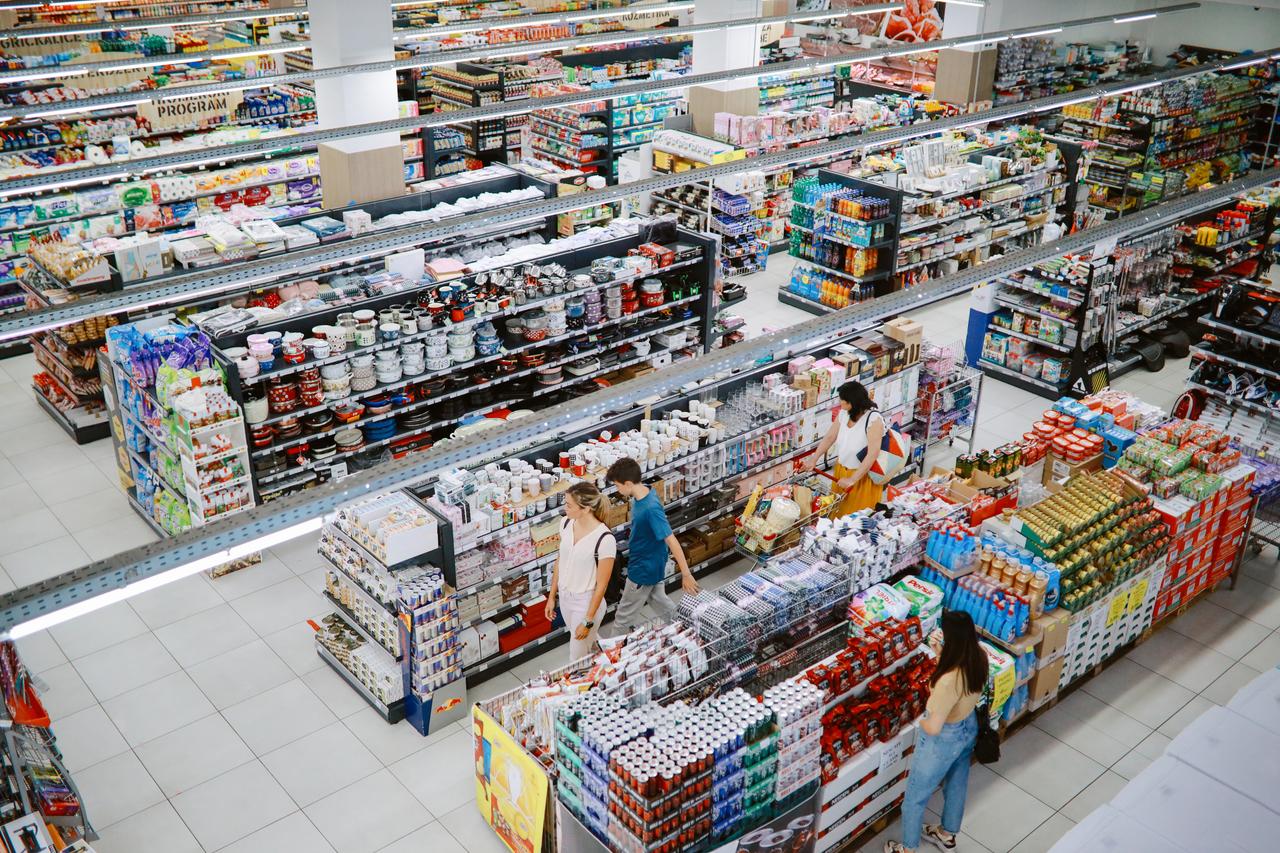In contrast to the invasion of Crimea in 2014, the current war is sending a massive shock wave through the input markets. Oil and gas prices have hit record highs. Wheat prices have increased by +40%. And nickel trading on the London Metal Exchange had to be shut down last month. Since then, although most input prices have declined somewhat, they remain at high levels.
Businesses are suffering from this. In some sectors, the majority of operating costs are related to the purchase of inputs. For example, 80% of the operational costs in the metal sector are related to energy and metals. In the agri-food sector, 60% are related to agricultural inputs.
Electronics
There is also significant price pressure on inputs that are crucial for electronics: palladium for chips and sensors; neon, xenon and krypton gas for semiconductor lithography processing. Even before the war, there was tension in the air. The current crisis is increasing the pressure and shortages. The automotive sector has been impacted because Russia produces aluminum, nickel and lithium, which are essential for batteries for electric vehicles.
Will current price levels for oil, gas and inputs remain this high throughout the year? If so, the energy and metal sectors will be the most severely affected. This is because they have relatively low pricing power. This means it is difficult for them to pass on the higher purchasing costs to customers. Both sectors will however remain profitable at current price levels.
What will happen if prices continue to rise?
A further rise in input prices could wipe out all profits in some sectors. If the Brent crude price stabilizes around an average of 140 dollars a barrel, the aviation sector will find itself in the red if the airlines cannot pass the cost increase on to consumers. Other sectors, such as the chemical sector, have much more leeway. The metal sector is taking a double hit as a result of the high oil price and higher inputs. Both make up a large part of their operating costs.
A further 15% increase in the prices of industrial metals could push the profitability of the household appliances sector down to zero if the cost increase cannot be passed on to consumers. A further +60% price increase in agricultural inputs or +50% in metal prices would have the same effect on the agri-food and metal sectors. At the other end of the spectrum, the ICT and chemical industries appear to be able to absorb higher input prices.




